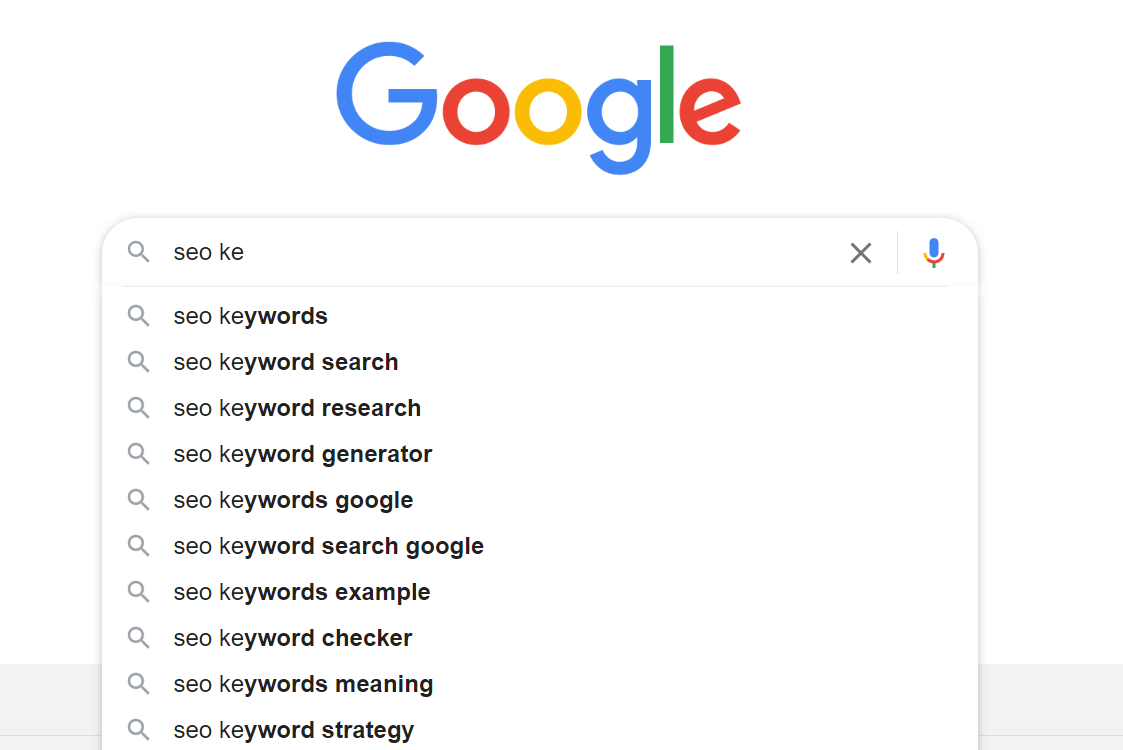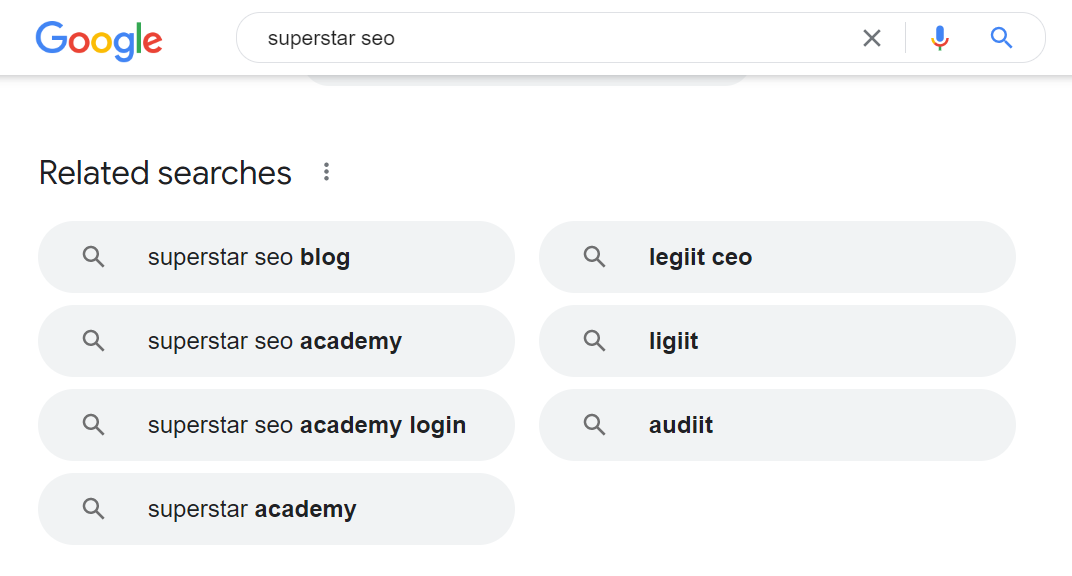What Are Long-Tail Keywords?
Long-tail keywords are highly specific search queries that typically have lower search volumes compared to more general keywords. Despite their lower search volume, they are incredibly valuable because they cater to a more targeted audience.
The term “long tail” comes from the search demand curve, where these keywords fall into the “tail” end, representing a large number of less common searches. These tail keywords are more specific, often indicating a searcher’s clear intent, which makes them more likely to convert into actual customers or leads.
For example, instead of targeting a broad keyword like “shoes,” a long-tail keyword would be “women’s running shoes for flat feet.” This specificity not only helps in attracting the right audience but also reduces competition, making it easier to rank higher in search engine results.
Steps to Choose the Perfect Long-Tail Keywords for SEO
Choosing the right keywords to optimize your website and provide the best user experience can be daunting, especially if you’re unfamiliar with SEO and writing content around keyword phrases. If you’re looking to learn how to identify long tail keywords, though, there are some simple steps you can follow that will help you make smart keyword choices from the beginning and improve your search engine optimization overall. Keyword research tools are essential in this process, as they significantly enhance the efficiency and effectiveness of identifying long-tail keywords.
Here are some tips to help you choose the perfect long-tail keywords for SEO.
Why are Long Tail Keywords Important for SEO?
There is a lot of value in understanding how your potential audience will search and then selecting the perfect keywords.
The most important part is that you should be looking at what terms are already related to your niche but less commonly searched.
Additionally, considering the keyword difficulty is crucial, as high keyword difficulty scores indicate substantial competition. This makes it challenging for new websites to rank easily. Tools that provide this metric can help you select the most effective long-tail keywords for your SEO strategies.
These will be your long-tail keywords.
But why is this important?
Why should long-tail keywords be a part of your strategy when you can focus on those shorter, more common keywords?
Well, long-tail keywords:
Are easier to rank since it has high search volume but lower competition
Help you attract targeted traffic for that specific keyphrase
Are less expensive if you are interested in PPC advertising since they have a lower CPC
Help you discover relevant keywords through tools like Wordtracker and the ‘People Also Ask’ feature in Google search
How to Find Long-Tail Keywords for SEO
1. Find Your Niche
In some markets, it’s tough to rank.
Some markets are highly competitive, with large companies dominating the search results.
And the thing is that these companies have a huge budget to spend on marketing in general and SEO specifically.
However, if you focus on the less competitive term that your target audience uses but aren’t that difficult, such as specific long tail keywords, you will be able to compete.
2. Use Your USP to Define Long-Tail Keywords
If you don’t know, USP= Unique Selling Proposition.
Identifying what makes your business unique is an untapped strategy for finding long-tail keywords.
That way, you can get your website in front of people by describing the unique thing you offer/your product has.
For example, let’s say that you sell ‘top-quality certified organic pizza.’
This long-tail keyword would be perfect for you.
Of course, it probably won’t bring in a ton of traffic, but it’s highly related to what you sell.
And if it’s connected to what you sell, it means that that traffic will convert.
Incorporating long tail keyword phrases alongside your primary keywords can enhance your SEO effectiveness and increase visibility for a wider range of search queries.
So, to find your long-tail keyword that is connected to your business, ask yourself these questions:
What makes your product/service unique or better?
Who needs what you are offering?
Why should they choose you over your competitors?
3. Use Google’s Autocomplete Feature
When you type a word into Google’s search bar, it can help you find popular words and phrases.
This is called Google Autocomplete.

Source: google.com
When we typed in SEO, Google autocompleted with many different phrases, including:
SEO tools,
SEO meaning
SEO checker
SEO tools
Short-tail keywords have higher search volumes and competition but limit user intent, while long-tail keywords can enhance conversion rates and reduce digital marketing costs.
If you want to see even more suggestions, you can add a letter (or two) after your search term.
Let’s continue the example.
You can type something like “SEO ke..” into the search box and get the following list of keyword suggestions.

4. Google’s Related Searches
Just like everybody knows, Google provides a list of different keywords at the bottom of the first page of the search results.
They are usually long-tail keywords closely related to the term you just searched for. Analyzing top ranking pages can also help in finding related long-tail keywords.
For example, some of the long-tail keywords that Google provides for “superstar SEO” are as below.

Source: Google Search
The results are beneficial if you’re trying to find keywords that people use in conjunction with a specific phrase or product but aren’t necessarily related to it.
Just like the mention of Audiit and Legiit is not necessarily connected to Superstar SEO.
5. Use Social Media and Forums
To find long-tail keywords, you can use a few different resources.
The best keyword tools for SEO are Google’s Keyword Tool and Ubersuggest; both give a ton of information about a wide range of search terms.
If you don’t want to use any tools, you can always check social media and different forums for some inspiration.
The thing is that if you’re just starting off with a website or blog, it might be hard to come up with your own long-tail keywords.
There will already be so many other websites that have already been optimized for these terms.
And sometimes, you simply don’t know exactly how people search.
One way around this is by using social media and forums as inspiration for what topics people might be searching for in order for your website to rank higher. Incorporating these long-tail keywords into your overall SEO strategy can significantly boost your traffic and conversions.
Message boards and forums like Reddit or Quora can help you find problems people struggle with.
Using Long-Tail Keywords Effectively
Using long-tail keywords effectively requires a strategic approach to ensure they enhance your SEO efforts. Here are some tips to help you get the most out of your long-tail keywords:
Page Titles and Meta Descriptions: Incorporate long-tail keywords into your page titles and meta descriptions. This not only helps improve your search engine rankings but also makes your listings more appealing to searchers.
Headings and Subheadings: Use long-tail keywords in your headings and subheadings. This breaks up your content, making it more scannable and improving user experience.
Content Integration: Naturally weave long-tail keywords into your content. Aim for a keyword density of 1-2% to avoid keyword stuffing, which can negatively impact your SEO.
Alt Tags and Image Descriptions: Optimize your images by using long-tail keywords in your alt tags and descriptions. This helps search engines understand the content of your images, improving your overall SEO.
Internal Linking: Use long-tail keywords in your internal links. This helps search engines understand the structure and hierarchy of your website, improving your site’s crawlability.
Content Marketing: Incorporate long-tail keywords into your content marketing efforts, such as blog posts and social media updates. This attracts more targeted traffic to your website, increasing the chances of conversion.
Link from the Tail to the Head!
Finding long-tail keywords is only half the job.
And half a job done is as good as none.
Once you have chosen your keywords, you must use them correctly on your page. Incorporating long tail keyword phrases alongside your primary keywords can enhance your SEO effectiveness and lead to higher rankings.
Make sure to place your keywords strategically and get creative when using them in your blog/website so that it comes off as natural in the sentence.
And always – ALWAYS pay attention to the searcher’s intent.
Measuring Success with Long-Tail Keywords
To gauge the effectiveness of your long-tail keyword strategy, it’s crucial to track the right metrics. Here are some key performance indicators (KPIs) to monitor:
Search Engine Rankings: Keep an eye on your website’s rankings for your target long-tail keywords. This will help you understand how well your SEO efforts are paying off.
Search Volume: Monitor the search volume for your target long-tail keywords. This will give you long tail keyword ideas of how much traffic these keywords are driving to your website.
Conversion Rate: Track the conversion rate for your long-tail keywords. This will help you see if these keywords are leading to sales, leads, or other desired actions.
Cost Per Click (CPC): If you’re using paid advertising, monitor the CPC for your long-tail keywords. This will help you determine if these keywords are cost-effective.
Return on Investment (ROI): Calculate the ROI for your long-tail keywords. This will help you see if your investment in these keywords is generating a positive return.
Final Thoughts
Long-tail keywords are the backbone of targeted SEO, connecting you with the right audience through specific, intent-driven searches. Their low competition and high conversion potential make them indispensable.
Success lies in integrating these phrases naturally into your content while monitoring their performance. With the right strategy, long-tail keywords can drive meaningful traffic, boost rankings, and foster genuine connections with your audience.





